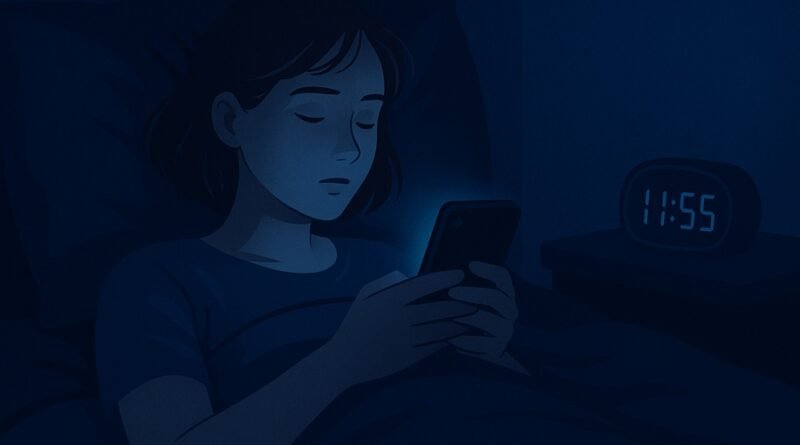Can Smart Devices Really Improve Your Sleep Quality?
To be fair, we all know that sensation. Though one more scroll could somehow lull you to sleep, it’s almost midnight and you’re under the covers staring at your mobile screen.
No one misses the irony: we’re using the very tools keeping us awake to assist us in sleeping better.
But does this technological paradox really support or hinder our search for good sleep?
The Promise Behind Sleep Tech
Gadgets promising to change your sleep are all over the market.
From chic wristbands monitoring every toss and turn to bedside devices examining your breathing patterns, technology wants a place in your bedroom.
Consider smart mattresses, for example. These beds change firmness depending on your body temperature and sleeping posture.
Some even cool your upper body while warming your feet—quite the improvement from the conventional mattress!
Rings and watches for sleep tracking have grown more clever. They don’t only say how long you slept; they also analyse your sleep cycles, heart rate changes, and even identify possible sleep apnea indicators.
Features like Personal Therapy Assistant that fine-tunes pressure settings as you sleep have transformed sleep therapy on the AirSense 11 and comparable sophisticated CPAP devices.
The Care Check-In function constantly evaluates how you are adjusting to treatment and provides prompt changes as required.
Looking Beyond the Hype
But this is where we require a reality check. Though they gather amazing data, these gadgets are not magical fixes. Many sleep experts say their accuracy in comparison to clinical sleep studies run in controlled settings raises concern.
Furthermore, the interaction between sleep and technology is multifaceted. Screens’ blue light lowers melatonin, your body’s sleep hormone. The very app you are using to monitor sleep could be postponing it, therefore.
The psychological component—a phenomenon sleep specialists refer to as “orthosomnia”. This contemporary problem arises when our obsession with obtaining ideal sleep scores causes anxiety that renders sleep more elusive.
The need to achieve 25% deep sleep or eight hours can turn peaceful sleep into a race.
Finding the Sweet Spot
So where does this put us? Should we welcome sleep technology or remove gadgets from the bedroom?
The solution, like most other aspects of life, is somewhere in the middle. When used carefully, smart devices can be useful tools. They can find trends you might overlook—maybe indicating that your sleep quality declines after evening caffeine or improves after evening walks.
But rather than replacing them, technology works best when supporting basic sleep habits.
The fundamentals still significantly count:
- Designing a nice, dark, quiet sleeping space
- Keeping regular sleep and wake times
- Reducing screen time prior to sleep
- Steering clear of alcohol and large dinners near bedtime
- Creating a calming pre-sleep ritual
The magic occurs when sleep technology supports these principles.
Read This: The Science of Sleep: Why Quality Matters More Than Quantity
The Path Forward
The most promising advancements emphasise integration rather than isolation as sleep technology develops.
Smart homes that at bedtime change temperatures and dim lights automatically. Devices that tell you to wind down without adding more distraction.
Systems operating quietly in the background rather than requiring your continuous focus.
Technology can definitely be your friend in the search for improved sleep; yet, maybe the best strategy is to treat it as a trusted advisor instead of the only answer.
Humans were getting restorative sleep long before smartphones, after all. Gently backed by smart innovation, your body’s natural knowledge may still be the most potent sleep weapon.

